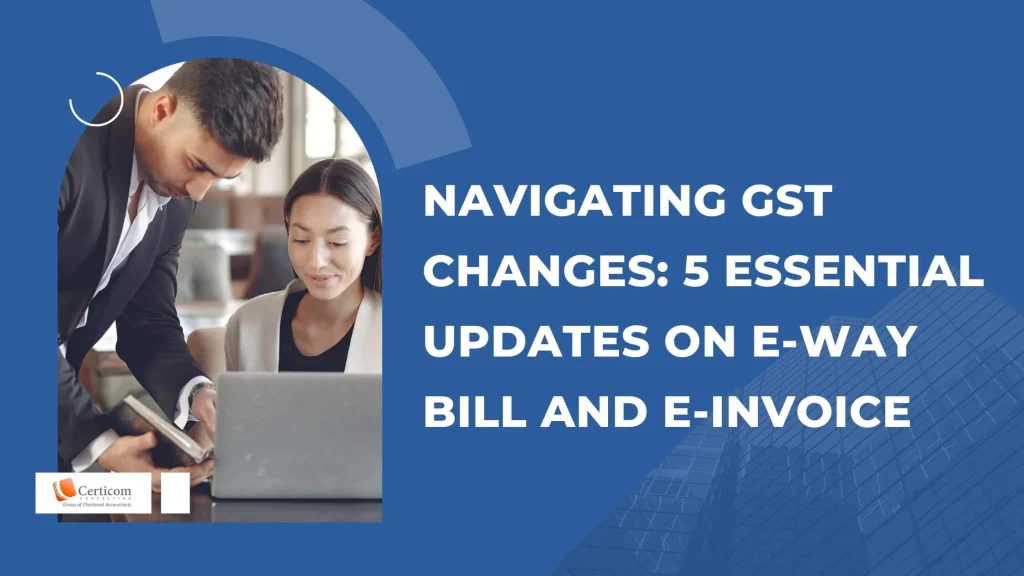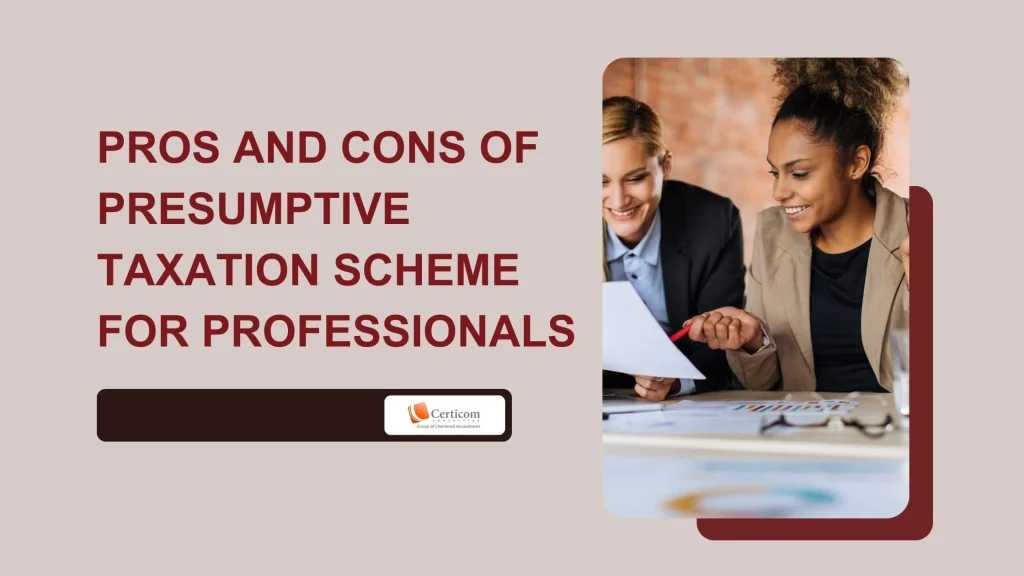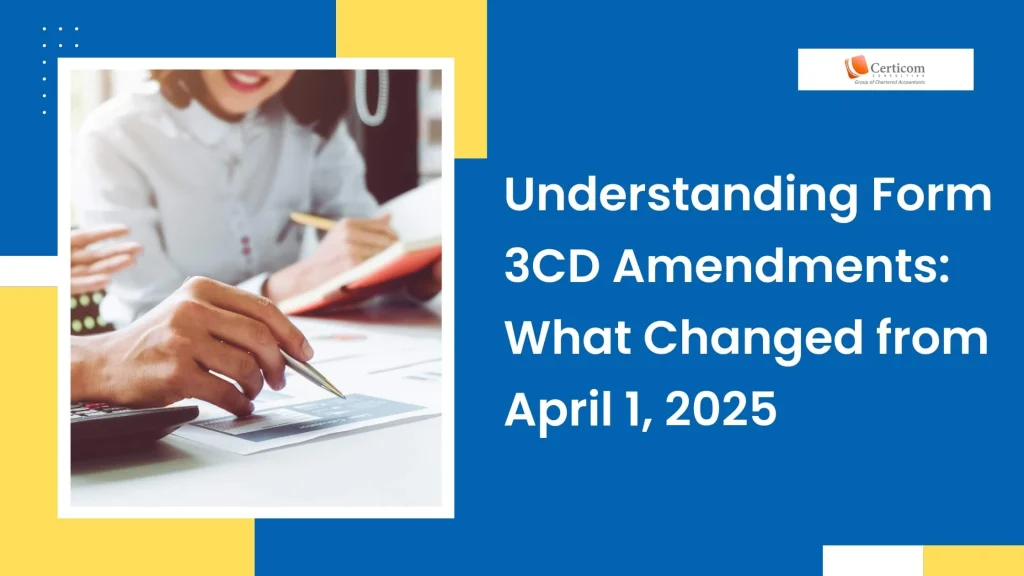E INVOICING APPLICABLE FROM 1ST AUGUST 2023

E-invoicing has become a significant aspect of GST compliance in India. With the latest notification, there are new rules for E-invoicing applicability from August 2023. This article provides a comprehensive overview of the updated regulations, including the threshold limit, requirements, and exemptions.
As per the Notification No 10/2023 dated 10th May 2023 the threshold limit of E-invoicing turnover has been reduced to 5 crores from 01st August 2023.
Thus, registered persons whose Aggregate turnover in any preceding Financial Year from 2017-18 onwards is more than 5crores then E-invoicing is mandatory from 01st August 2023.
If in any preceding year from FY 2017-18 (From 1.17.17) onwards the Aggregate Turnover exceeds 5 crores then E-invoicing is mandatory

What is Aggregate Turnover as per GST?
As per section 2(6) of the CGST/SGST Act “Aggregate turnover” includes the aggregate value of:
(i) all taxable supplies,
(ii) all exempt supplies,
(iii) exports of goods and/or service, and,
(iv) all inter-state supplies of a person having the same PAN.
Hence registered person with same PAN having multiple GSTINs must include all the Taxable, Exempt, Export turnover incurred under various GSTINs under the same PAN. Aggregate turnover is calculated as per PAN and not according to individual GSTIN.
The above shall be computed on all India basis and excludes taxes charged under the CGST Act, SGST Act, UTGST Act, and the IGST Act.
Aggregate turnover shall include all supplies made by the Taxable person, whether on his own account or made on behalf of all his principals
Aggregate turnover does not include
- Value of Inward supplies on which tax is levied on reverse charge basis
- The value of goods after completion of job work is not includible in the turnover of the job-worker. It will be treated as supply of goods by the principal and will accordingly be includible in the turnover of the Principal.
Although exempt supply is to be included in Aggregate turnover calculation, but no e-invoicing is to be done for exempt supply. As for nil rated and wholly exempt supplies bill of supply is issued and not invoice

Supplies and Documents
Documents and supplies for which E-invoicing is applicable, if Registered Persons Aggregate turnover on the basis of PAN in any preceding Financial Year from 2017-18(1.7.17) onwards is more than 5crores
1. Documents
- Invoices
- Debit Notes
- Credit Notes
2. Supplies
- B2B Supplies: -Supplies made to registered persons having GSTIN
This includes supplies made to registered persons under the same Pan having different GSTIN
Thus, supplies made to unregistered persons i.e., B2C supplies are not covered for E-invoicing
- SEZ Supplies: -Supplies made to SEZ units with or without GST Paid
- Export Supplies: -Export Supplies made with or without IGST Payment
- Deemed Exports
- Supplies made to Government Departments
? As per the recommendations made in the 50th GST Council Meeting and Circular No 198/10/2023 issued on 17th July 2023 clarified that supplies made to Government Departments or establishments/ Government agencies/ local authorities/ PSUs, etc. under rule 48(4) of CGST Rules whose turnover exceeds the prescribed threshold for generation of e-invoicing is required to issue e-invoices even if their GST Registration is solely for the purpose of Tax at source deducted as per provisions of section 51 of the Central Goods and Services Tax Act, 2017 for such supplies made to Government.
- Supplies under RCM
If a registered person whose outward supplies attract Reverse Charge mechanism u/s 9(3), e-invoicing is mandatory
E-invoicing not applicable to which registered type of persons?
As per Notification no 13/2020 dated 21st March, 2020 registered persons referred in sub-rules (2), (3), (4) and (4A) of rule 54 are exempted from E-invoicing requirements
1. Banking and Insurance Sector-Rule 54(2)
Where the supplier of taxable service is an
- Insurer or
- A Banking company or
- A Financial Institution, including Non-Banking Financial Company
2. Goods Transport Agency-Rule 54(3)
Where the supplier of taxable service is a goods transport agency supplying services in relation to transportation of goods by road in a goods carriage.
3. Passenger Transport Service Supplier-Rule 54(4)
Where the supplier of taxable service is supplying passenger transportation service
4. Admission of exhibition of cinematograph films in Multiplex-Rule 54(4A)
A registered person supplying services by way of admission to exhibition of cinematograph films in multiplex screens
5. SEZ Unit
As per Notification No 61/2020 dated 30th July 2020 only SEZ Units are exempted from E-invoicing, not SEZ Developers.

As per the SPECIAL ECONOMIC ZONES ACT, 2005, SEZ Developer means a person who, or a State Government which, has been granted by the Central Government a letter of approval under sub-section (10) of section 3 and includes an Authority and a Co-Developer (the Developer or Co-Developer shall have at least twenty-six percent of the equity in the entity) to create business, residential or recreational facilities in a Special Economic Zone in case such development is proposed to be carried out through a separate entity or a special purpose vehicle being a company formed and registered under the Companies Act, 1956 (1 of 1956).
SEZ units are the units set up for the manufacture of goods or rendering of services
Read More: Are you an NRI with inoperative PAN? Here’s what you can do now
The new E-invoicing applicability update starting from 1st August 2023 brings important changes for registered persons with an aggregate turnover exceeding 5 crores in any preceding financial year. By understanding the revised threshold limit and regulations, businesses can ensure timely compliance with E-invoicing requirements.
Related Post
Pros and Cons of Presumptive Taxation Scheme for Professionals
Understanding Form 3CD Amendments: What Changed from April 1, 2025
Book A One To One Consultation Now For FREE
How can we help? *




